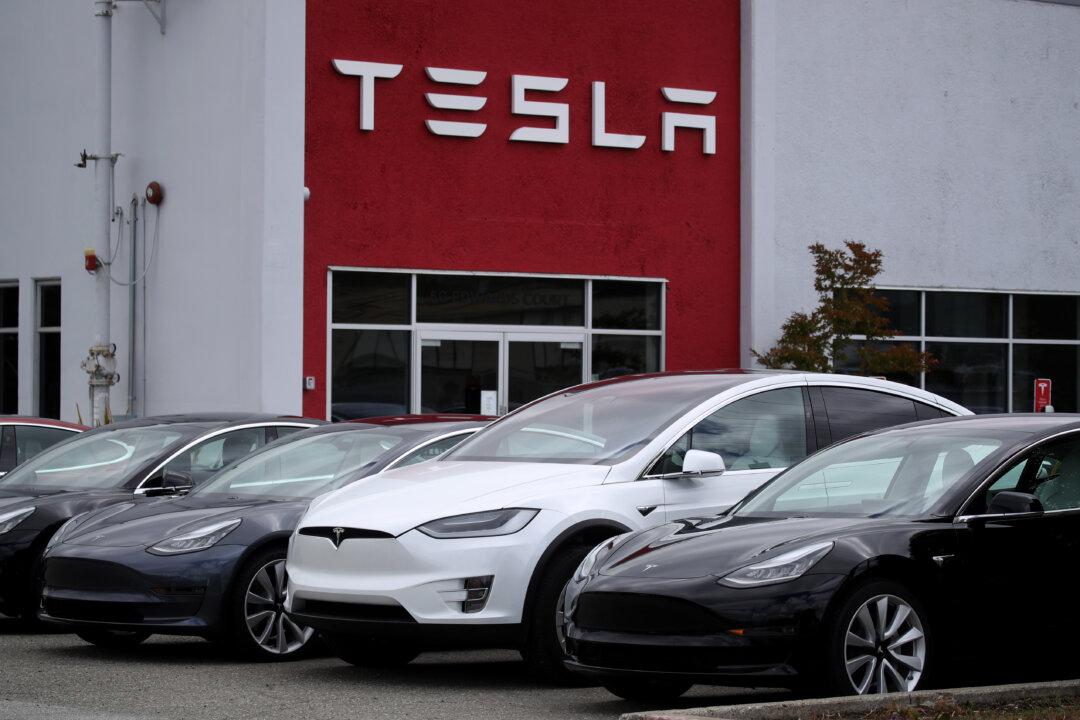Mississippi Gov. Tate Reeves signed a bill requiring electric car companies to sell vehicles through local businesses instead of stores owned by the company.
“Almost 200 small businesses in communities across our state are seeking assurances that big manufacturers can’t just destroy their businesses. That’s fair!” Reeves, a Republican, said on social media, adding that he recognizes innovation is inevitable.





